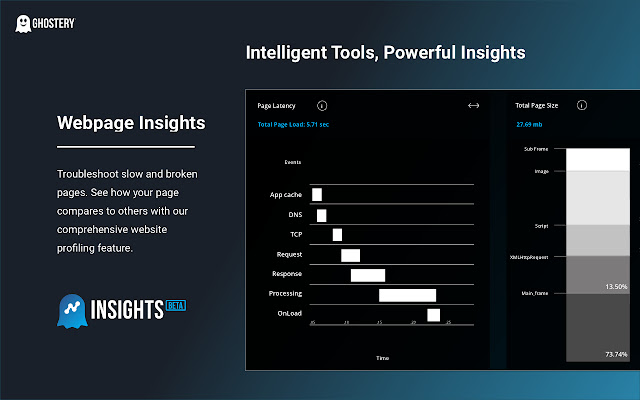
Imagine you’re finally ready to step into the world of prop trading—youre excited, maybe a little nervous, but eager to turn your trading skills into a real career. The first hurdle: Do funded accounts require a track record? That question pops up everywhere—from trading forums to industry webinars. The truth is, understanding what it takes to get your foot in the door can make or break your journey in the fast-evolving landscape of financial markets.
Lets dive into the essentials, explore the evolving standards, and see what the future might hold for aspiring traders looking to leverage funded accounts.
In the traditional sense, many proprietary trading firms and programs have historically emphasized a proven track record. They want to see a history of consistent profitability, risk management, and discipline before entrusting you with their capital. Basically, they’re asking: Can you handle real money under real market conditions?
But, things are shifting—especially with the rise of online prop firms and innovative funding programs. A lot of these platforms now offer evaluation periods or trading challenges designed to assess your skills upfront. They want to see your ability to adapt and perform, even if you don’t have a long history of trading. For some programs, demonstrating a solid understanding of risk management and discipline during a short-term test might be enough.
That said, if youre eyeing large funded accounts or institutional-level programs, having a track record of profitability, even if just for a few months, can be a massive advantage. It’s like a resume—you want to stand out, and proven results give you credibility.
We all know trading is as much about skill as it is about opportunity. For newcomers, demonstrating proficiency in various asset classes—forex, stocks, cryptos, indices, options, commodities—can help bridge the gap. The ability to adapt across different markets shows versatility and reduces the firm’s risk.
Some traders get their start through mock trading, demo accounts, or simulation platforms. While these aren’t “real” track records, consistent success over a substantial period can sometimes substitute—in the eyes of a firm, at least—for actual experience. It’s like practicing for a marathon; the more simulated miles you rack up, the better prepared you are for the real race.
Not all programs are created equal. Some might pay lip service to “no experience needed,” but behind the scenes, they’re looking for at least some proof that you can handle pressure. Remember, you’re competing with other traders who do have track records.
Beware of over-relying on past performance if you’re just starting out. Markets evolve, strategies need to adapt, and a short-term profitable streak doesn’t always guarantee future success. Focus on developing solid risk management and learning how to handle drawdowns—these soft skills matter just as much as raw profits.
Prop trading used to be a niche—mainly for seasoned traders. Now, it’s being democratized. Platforms like FTMO, MyForexFunds, and Topstep have lowered entry barriers, allowing novices with limited experience to get funded through evaluation programs. The trend is clear: theyre betting on potential, not just a long portfolio of past trades.
Were also witnessing the push toward decentralized finance (DeFi). Decentralized exchanges and smart contract trading are making markets more accessible but also more complex. Trust protocols and transparency are paramount here, but regulatory uncertainties and security risks pose hurdles.
Looking ahead, AI and machine learning are poised to revolutionize prop trading. Automated strategies, AI-driven risk assessments, and even conversational trading bots are gradually becoming mainstream. Imagine a future where your trading account is managed by an intelligent agent that adapts in real-time—no human track record needed, just a clear pathway through data.
The landscape is shifting from “do I have a track record?” to “can I demonstrate skill and adaptability?” Across different asset classes—forex, stocks, crypto, commodities—the common thread is flexibility, discipline, and continuous learning.
In the dawn of AI and decentralized finance, prop trading firms will seek traders who can work alongside technology rather than fight it. Data-driven decision-making is the new normal, and those with an open mind and willingness to learn will thrive.
Unlock your potential—profit from your skills, not just your history. Funded accounts are looking for future-ready traders.
In this game of markets, your record may open doors, but your adaptability and mindset will keep them wide open. Whether youre just starting out or looking to scale up, remember—your journey isn’t solely about the past; it’s about your capacity to learn and evolve. In the end, you don’t need a long track record to succeed—you need a clear vision of your trading edge, a disciplined approach, and the courage to take the next step.
So, do funded accounts require a track record? It’s a nuanced answer—some platforms do, but more are now willing to look at your potential. The real question: How prepared are you to show what youre made of? Because in the future of prop trading, adaptability and continuous growth will crown the true winners.